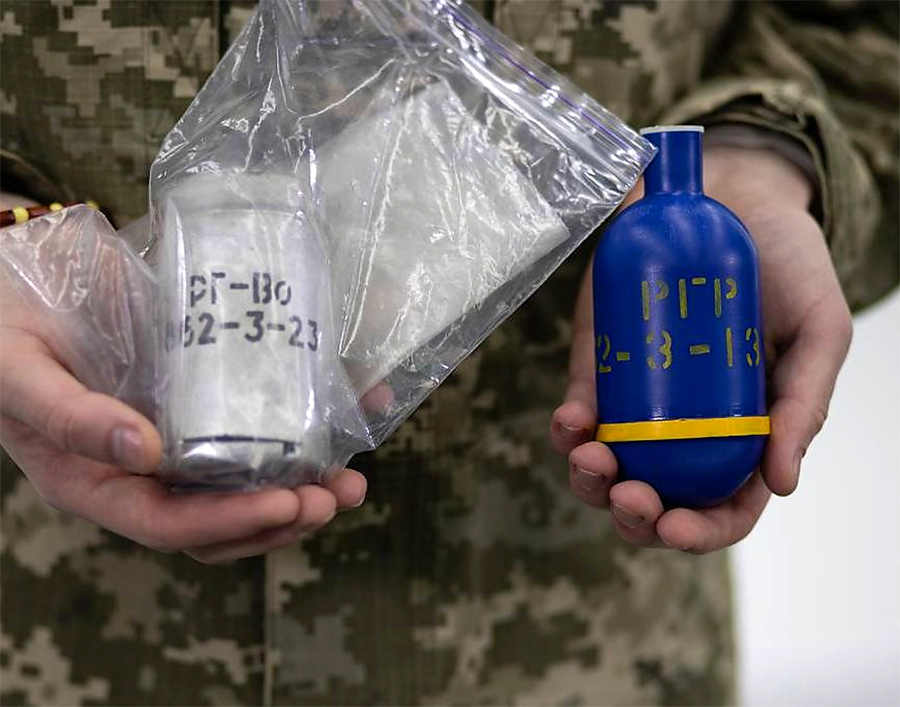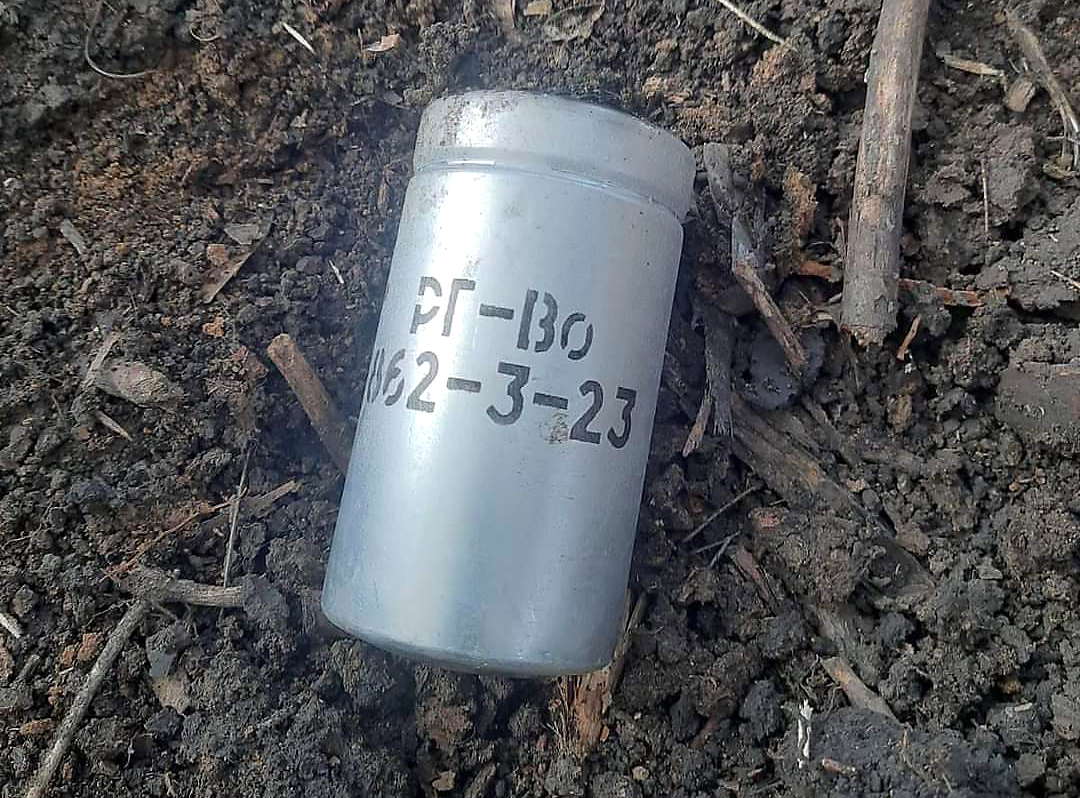Russia Sources Components for Banned Chemical Weapons from Unsanctioned Companies

Russia continues to receive components for the production of banned chemical weapons through Russian companies that are not subject to Western sanctions.
The Gaze reports on it, referring to Radio Svoboda.
Russian arms manufacturer the Scientific Research Institute of Applied Chemistry, which is part of the state-owned Rostec corporation and is under sanctions from the US, EU, Ukraine, UK, Switzerland, and Japan, continues to receive components for the production of banned RG-Vo chemical grenades from two Russian companies that are not under sanctions.

These are Saransk Mechanical Plant, which supplies pyrotechnic retardants, and EurochemInvest, which supplies solvents (chloroform and acetone) needed to create toxic CS and CN gases.
The latest RG-Bo chemical grenades contain toxic gases that can cause fatal effects and are prohibited by international law due to the particular cruelty of their use.
As noted, these grenades are thrown into enemy shelters to force them to come to the surface, after which they are attacked.
Since December 2023, the Russian military has been using these grenades en masse, replacing the Soviet gas grenades that were used previously.
Since the start of Russia's full-scale invasion, Ukraine has recorded more than 10,000 chemical attacks, and in November 2024, the Organisation for the Prohibition of Chemical Weapons confirmed Russia's use of chemical weapons in the war against Ukraine.
Russia denies these accusations, calling them insinuations.
Both Saransk Mechanical Plant and EuroChemInvest are still not subject to Western sanctions, although they impose restrictions on those who trade with companies already under sanctions, such as the Institute of Applied Chemistry.
As The Gaze previously reported, the Dutch Military Intelligence and Security Service (MIVD) has confirmed that Russia is increasingly deploying chemical weapons in its ongoing war against Ukraine.